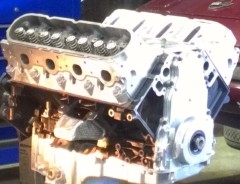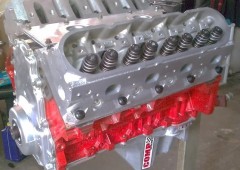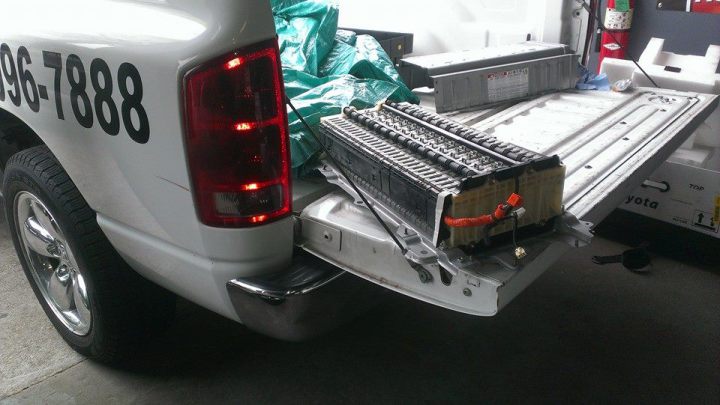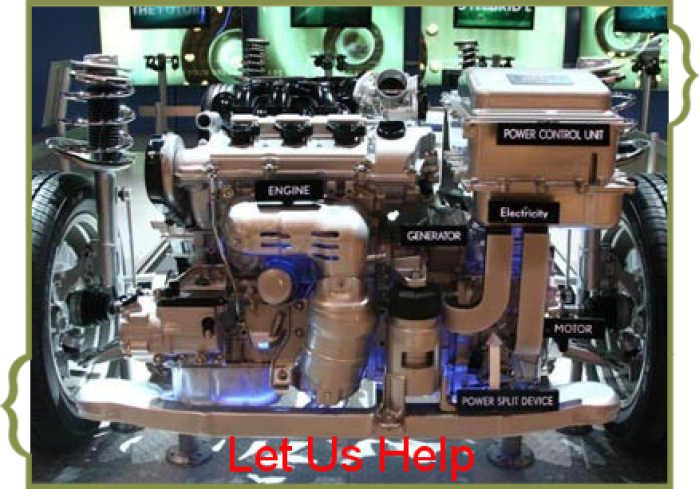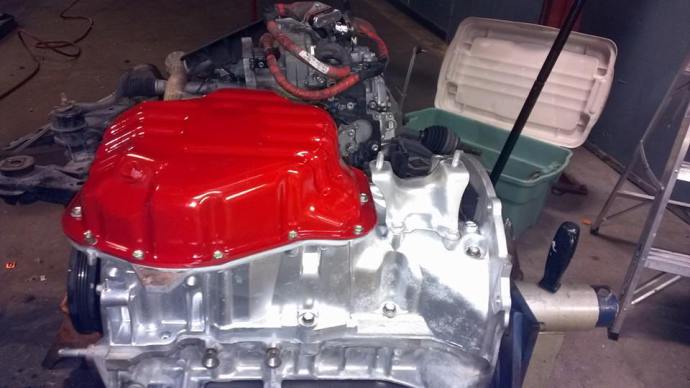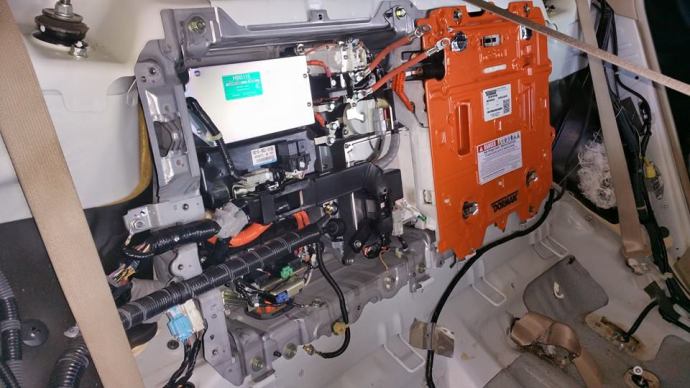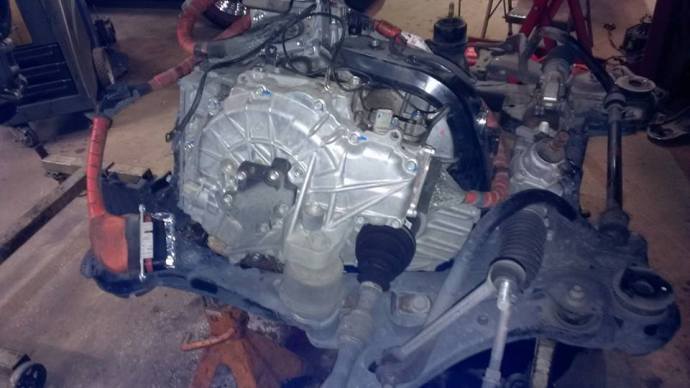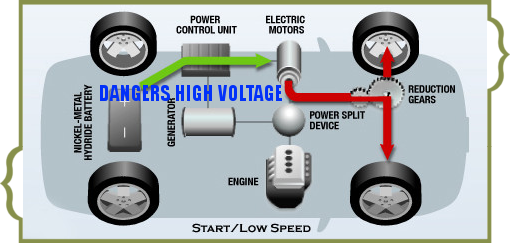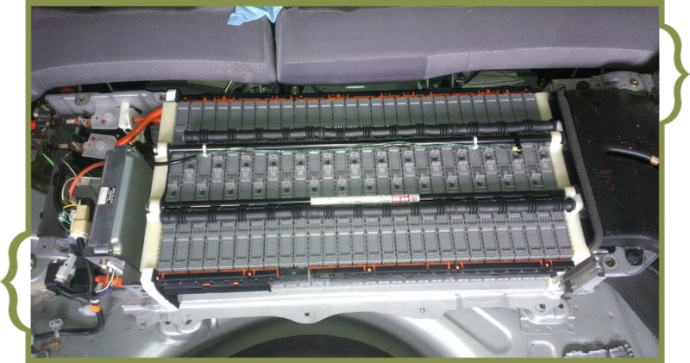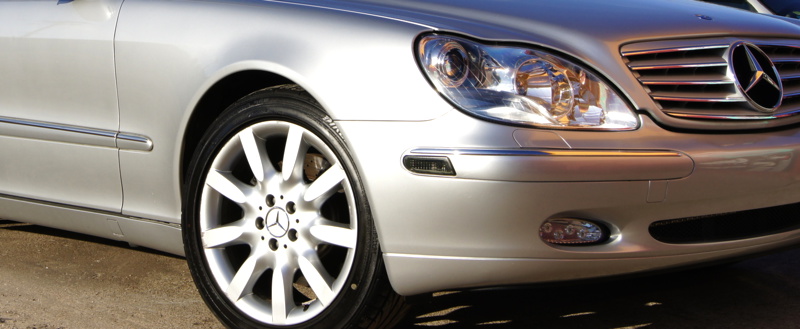
When most people buy a hybrid car, they usually do so with the understanding that there's going to be some kind of compromise between power and eco-friendly driving. The reason hybrid vehicles have become such a buzz topic and a go-to model for the auto industry recently is because of that compromise. As concerns increase over global warming, caused in part by carbon emissions resulting from vehicle fuel consumption, the power provided by a gasoline engine coupled with the fuel-saving qualities of an electric motor seems like the best possible combination.
But are fuel-efficient vehicles significantly slower than regular cars? To see if hybrid cars crawl on the road rather than zip along, we have to look into hybrid engine performance. Generally speaking, the engine in a hybrid car is almost always smaller than the engine in a comparable non-hybrid car. Smaller engines usually equal less horsepower and less torque. To get good fuel efficiency, hybrids operate from a standing start using only the electric motor, which typically provides much less horsepower and torque than a gasoline-powered engine. These two systems work together, however, to ensure hybrids can save fuel in the city and drive at faster speeds on the highway or even climb steep hills.
At Supreme1 we are moving along with technology; please let us save you money on Hybrid repairs.
- Hybrid vehicles have a lot of delicate instrumentation, making them more complex to fix. They need specialized mechanics to work with them since many of the parts are electrical in nature.
- If the hybrid vehicle is in an accident, it may be difficult for the police and fire department to determine if the vehicle is safe to approach to save accident victims. Using the jaws of life in the wrong place could be deadly.
- Since hybrid vehicles utilize a lot of electrical power, a malfunction could cause electric jolts of more than 500 volts, which can be fatal.
- The battery pack of a hybrid since it is located in the back of the vehicle can be a potential shock hazard as well as a hazardous material problem.









